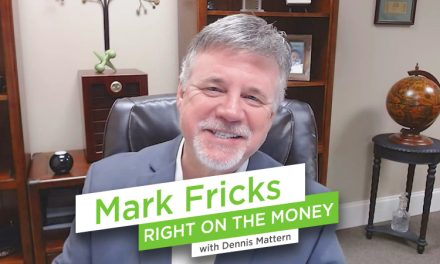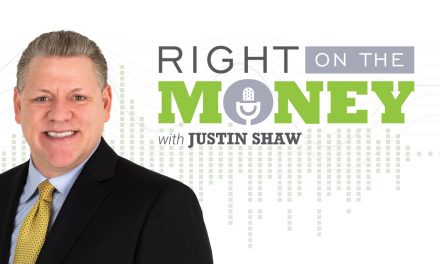Retirement plans benefit from regular monitoring and third-party review.
Though be undermined by neglect. Annual reviews that include retirement’s big and small-picture aspects allow for tweaks during changing times. Watch the video interview with retirement specialist Brett Underberg.
Just as a second opinion is often sought before undertaking an advanced medical procedure, a third-party review of a financial plan can be critical to a sustained and successful retirement. While professional counsel is preferable to a do-it-yourself approach, verification by a yet separate financial professional can help avoid common problems. Moreover, a second set of eyes can be a double-check for important benchmarks including asset allocation, risk tolerance, inflation and the proportion of growth to safety-oriented assets.
Third-party reviewers can assure some solace that costly inattention or mishandling is avoided. They can confirm that retirement plans from prior employers are accounted for; that complete distributions are taken and penalties are avoided; and that required distributions are optimized.
Astoundingly, more than 15 million 401(K) accounts worth more than one TRILLION dollars were identified as forgotten or orphaned in 2010, according to a 2013 article by benefits consulting firm Benefits Pro. Layoffs, career changes, consolidations and the failure by account owners to update their contact information all contribute to the abandonment.
A third-party reviewer can also review that account owners take their required minimum distributions (RMD) timely and completely. The law allows for a 50% tax penalty on any undistributed RMD amount. A second set of eyes can assure that the distribution happens by April 1 of each year following the calendar year when the taxpayer turns 70½.
In the case of RMD’s, retirees may be unaware that they can defer up to 25% of their qualified plans not to exceed $125,000 to age 85 by establishing a qualified longevity annuity contract (QLAC). A married couple could potentially defer up to $250,000. Not only does this push taxable distributions to the future, it may keep the taxpayer from creeping into a higher tax bracket.
While many retirees – both active and prospective – have a grasp of the high-level points surrounding retirement planning, most can surely benefit from the expertise of professionals who can oversee the best-laid plans. In short, a lack of attention can undermine the best of intentions.
Syndicated financial columnist Steve Savant interviews top retirement specialists in their field of expertise. This segment features investment adviser Brett Underberg. Right in the Money is a financial talk show distributed in daily video press releases to over 280 media outlets and social media networks.





